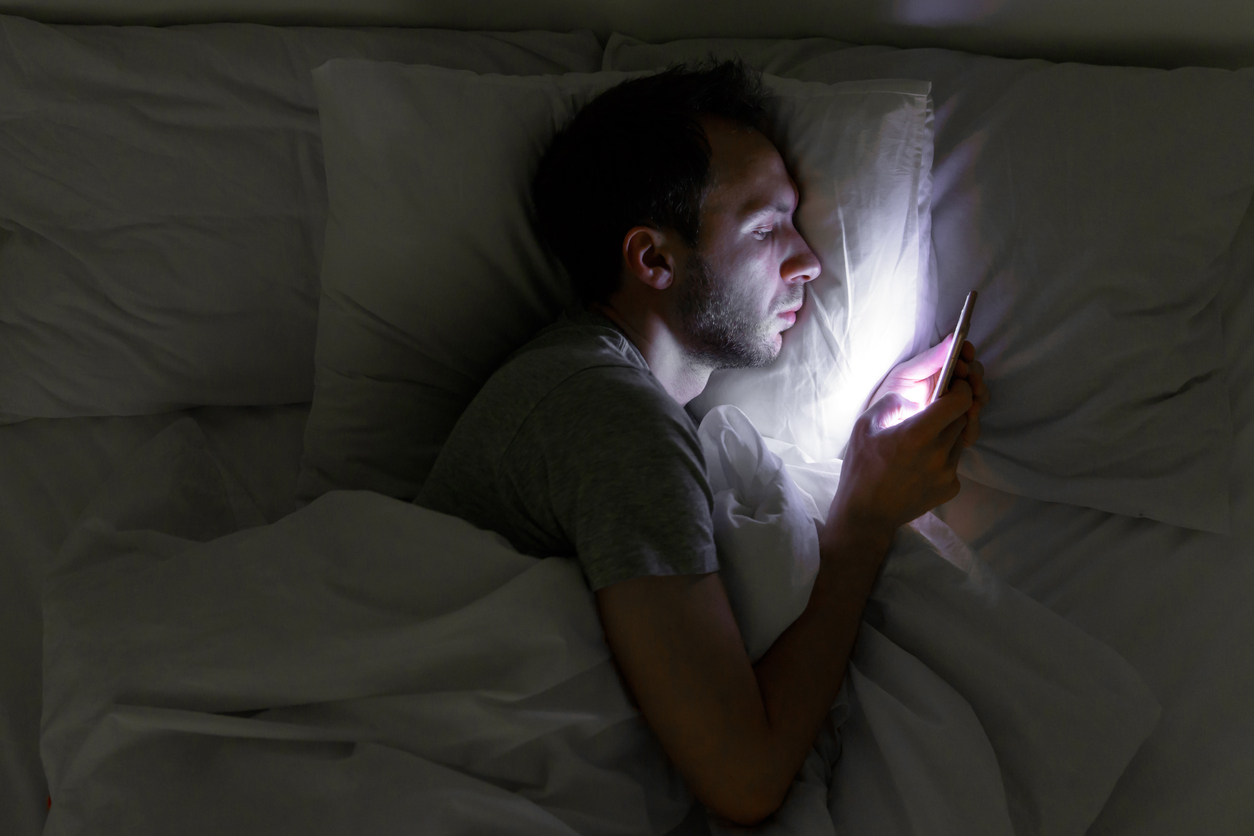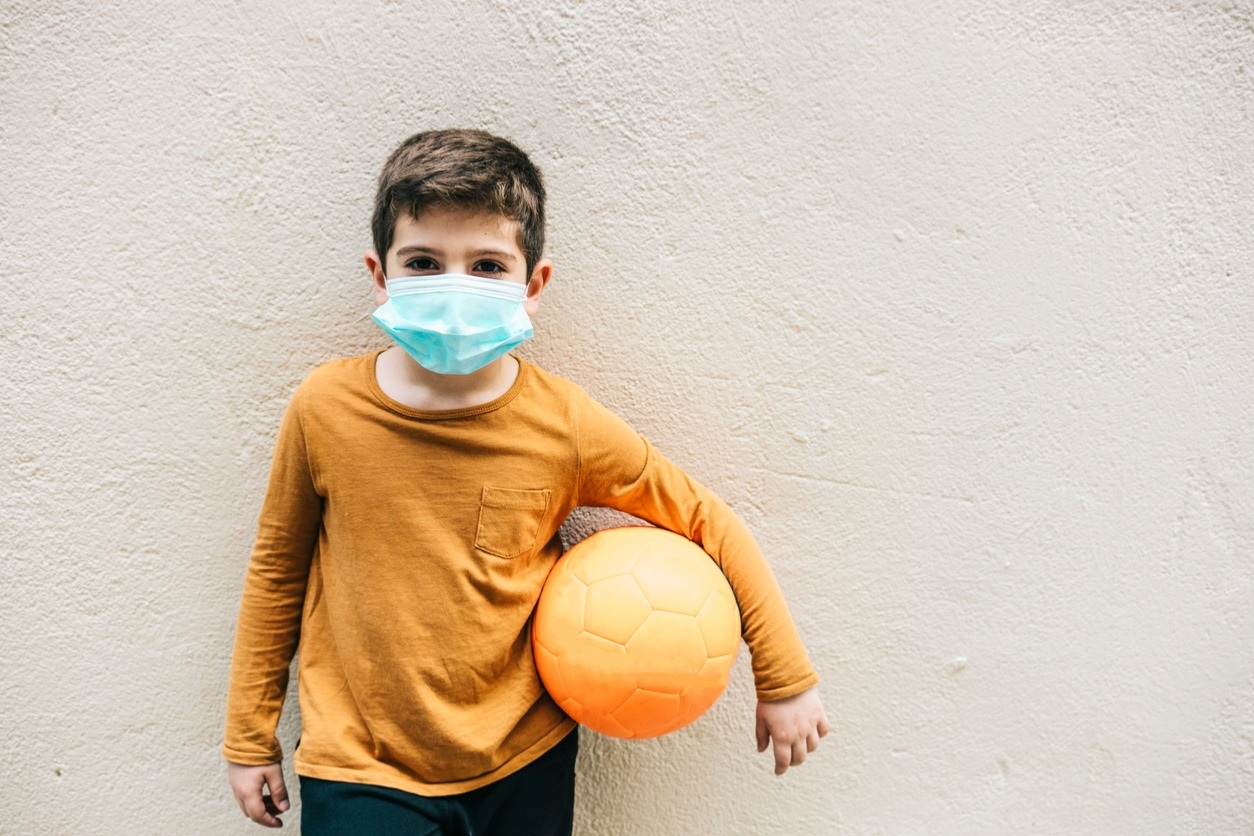Helping Kids Get the Sleep They Need

Written By: Lindsay M. Stager, The University of Alabama at Birmingham; Angela Caldwell, PhD, University of Pittsburgh; Carolyn Bates, PhD, University of Kansas Medical Center; and Helena Laroche, MD, Children's Mercy Hospital-Kansas City
Regularly getting good sleep supports both mental and physical health. However, parents often worry that their children are not getting enough sleep and busy schedules make it hard to prioritize sleep. Sleep is an important part of children’s development that can be easily overlooked.
The National Sleep Association found that about 33% of children in the US sleep less than what is recommended for their age. While some children are more prone to sleep disturbances (Ex. those with anxiety, depression, ADHD, or autism), promoting good sleep is beneficial for all families.
What are the benefits of getting enough sleep?
Good sleep directly supports better attention, school performance, emotional regulation, and impulse control. From a physical health standpoint, sleep promotes better immune system functioning and helps children fight off germs and infections. Long-term sleep problems increase risk for mental and physical health concerns, including depression, anxiety, risky behaviors, and viral illnesses.
How much sleep does my child need?
Sleep recommendations for children vary based on age. However, because children are still growing and developing, they generally need more sleep than adults.
| Age Group (years) | Recommended Sleep per 24 Hours |
| Under 1 | 12-16* |
| 1-3 | 11-14* |
| 3-6 | 10-13 |
| 6-13 | 9-12 |
| 13-18 | 8-10 |
* Total hours commonly include naps throughout the day for younger children.
In addition to the number of hours of sleep, quality of sleep is also important, impacting daily functioning and both physical and mental health.
How can I help my child get enough high-quality sleep?
Luckily, there are many strategies that parents can use to help your kid sleep.
- Go to bed and wake up at the same time each day. Doing this helps set your child’s circadian rhythm, or “biological clock” and makes it easier for them to fall asleep quickly. It is important to set consistent bed and wake times that allow for enough sleep each night, as “catching up” on sleep on the weekend is not the same as sleeping well each night.
- Avoid using screens before bed. Exposure to bright screens reduces our body’s ability to produce melatonin, a hormone that helps to control sleep. Children should stop using electronics 1 hour before bed. Using electronics in the hour before bed can increase the amount of time it takes to fall asleep and reduces sleep quality.
- Create a dark, cool, and calming sleep environment. In preparation for bedtime, dim the lights at least 15-20 minutes before bedtime. To minimize light during sleep, black out curtains may be especially useful. Experts also recommend turning the thermostat down to between 60- and 67-degrees Fahrenheit to signal to the body it is time to sleep. Additionally, some children may enjoy soft music with a predictable rhythm to help them settle down.
- Follow a good bedtime routine. While we all benefit from consistent routines, young children rely on routines to help them prepare for changes throughout the day and reduce stress. This includes preparing for sleep. A good bedtime routine will have a predictable beginning, middle and end. Even something so simple as saying the same goodnight phrase or singing the same song before lights out each night can help your child understand it is time to sleep. For children who need more structure, visual reminders (i.e., list of activities with check boxes and/or times) or verbal reminders (i.e., five-minute warning) prior to moving between bedtime activities may help establish the routine and allow them to feel comfortable.
- Use the bed for sleep only. Doing this will help your child fall asleep more quickly at bedtime. Using the bed for play time, homework, or other activities can confuse your brain, associating being in bed with more than just sleeping. If an older child is struggling to sleep, encourage them to get up and do something quietly until they’re ready to try sleeping again.
- Encourage daily exercise. Build opportunities for regular physical activity into your daily routine. This can be structured, like team sports, or unstructured, like a family dance party. Whenever possible, walk instead of drive and take the stairs instead of the elevator. Anything that gets you and your family moving daily should be encouraged.
- Model healthy sleep behaviors. Kids can learn a lot from watching their parents. Many of the above tips apply to adults, too. If you want more information on helping your kid sleep well, contact your pediatrician or check out one of the following books:
Sleeping Through the Night, Revised Edition: How Infants, Toddlers, and Their Parents Can Get a Good Night's Sleep
Take Charge of your Child’s Sleep: The All-in-One Resource for Solving Sleep Problems in Kids and Teens
More Articles

The Effects of Blue Light on Sleep
Blue light exposure near bedtime can have a disruptive effect on sleep. This can lead to poor sleep and drowsiness during the day. Following these steps can help you create better sleep habits.

Keeping Kids Active during COVID-19
Learn tips and tricks to engage kids in physical activity when access to typical activities is restricted.

How to Cook Healthy Food for your Family
Learn how to de-stress the cooking process with these tips and tricks.

